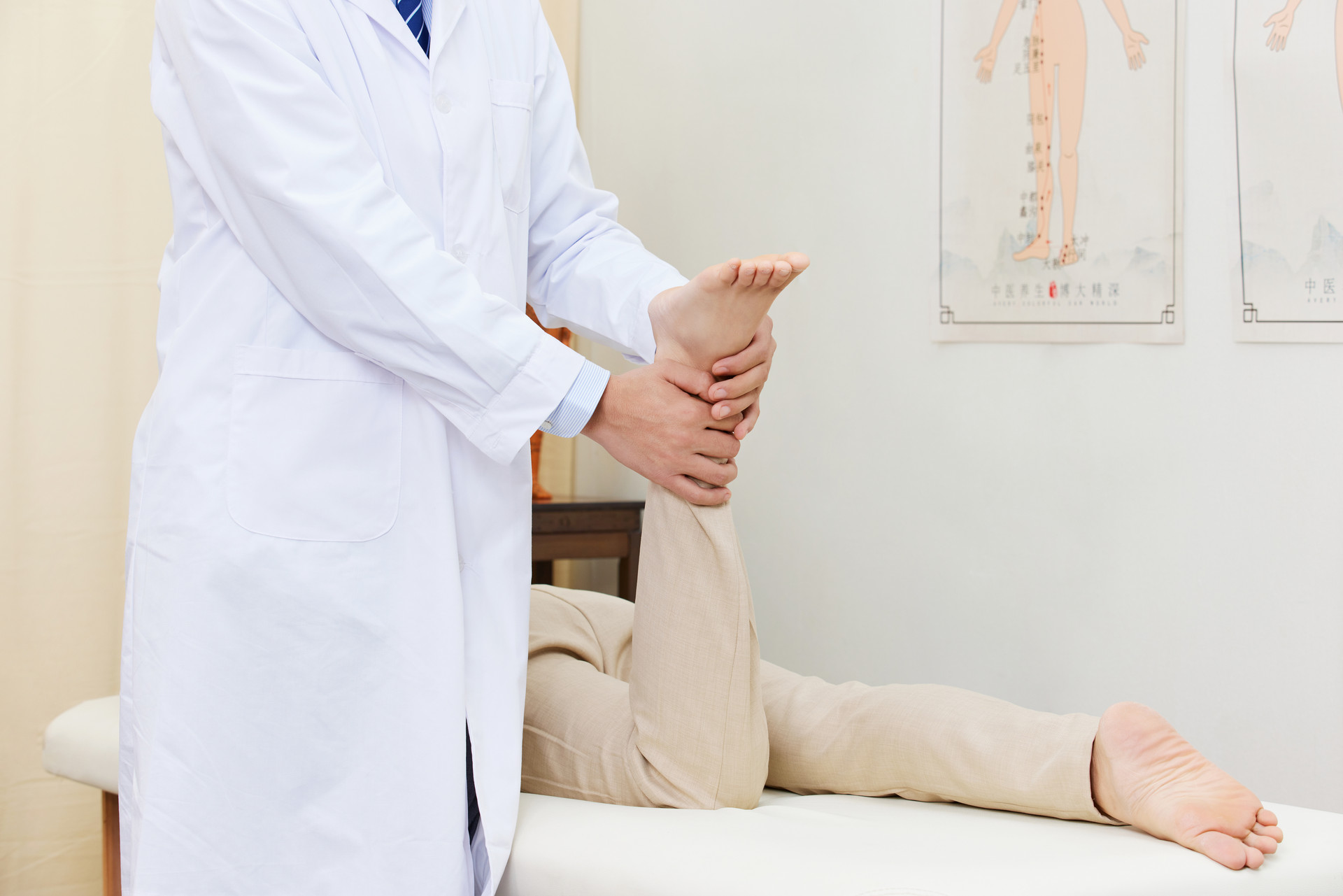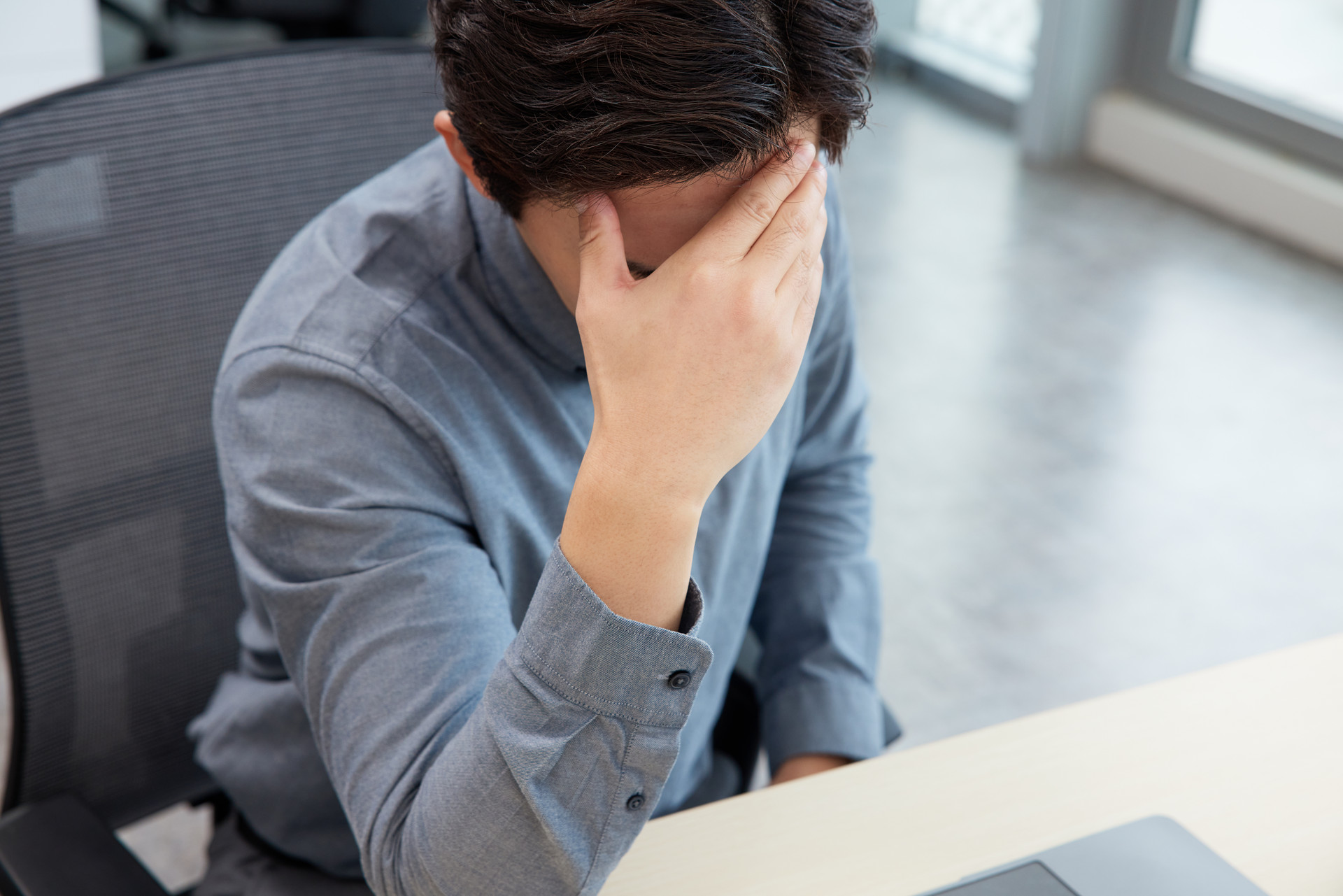Nine Taboos for Men to Take Care of Their Stomachs
1. Avoid excessive drinking
Alcohol itself can directly damage the gastric mucosa. Alcohol can also cause liver cirrhosis and chronic pancreatitis, which in turn worsen gastric injury.
2. Avoid uneven eating patterns
When hungry, the gastric acid and protease in the stomach are not neutralized by food, resulting in higher concentrations and self-digestion of the mucosa. Overeating can also harm the stomach's self-protection mechanisms; excessive expansion of the stomach, prolonged food retention time, and other factors can contribute to gastric injury.
3. Avoid eating unclean food
Helicobacter pylori infection is one of the important causes of gastric and duodenal ulcers. In patients with ulcers, the detection rate of this bacterium is as high as 70-90%. After ulcer patients are cured, the bacterium disappears. Ulcer patients can transmit the bacterium through close contact such as utensils, toothbrushes, and kissing. Unclean food is also a cause of infection.
4. Avoid eating too much for dinner
Some people often concentrate their daily nutritional intake on dinner, or like to eat supper or have a snack before bed. This can cause sleep disturbances, obesity, and excessive secretion of gastric acid due to stimulation of the gastric mucosa, leading to the formation of ulcers.
5. Avoid wolfing down food
Food needs to undergo storage, grinding, and digestion in the stomach to be transformed into chyme before being expelled into the intestines. If the food is not chewed properly and is eaten too quickly, the rough texture of the food can increase the burden on the stomach and prolong its stay, leading to damage to the gastric mucosa. Additionally, chewing slowly can increase saliva secretion, reducing gastric acid and bile secretion, which is beneficial for stomach protection.
6. Avoid coffee and strong tea
Coffee and strong tea are both central nervous system stimulants that can cause gastric mucosal ischemia through reflexes, disrupt the protective function of the gastric mucosa, and contribute to the development of ulcers.
7. Avoid excessive use of medication
Medications that can easily damage the gastric mucosa mainly fall into three categories: acetylsalicylic acid, such as aspirin; non-steroidal anti-inflammatory drugs (NSAIDs) such as ibuprofen and diclofenac; and corticosteroids and other hormone-based drugs. Therefore, it is best to avoid using these drugs. If they must be taken, the dosage and duration should be controlled, and it is best to take them after meals.
8. Avoid excessive fatigue
Whether it is physical labor or mental work, excessive fatigue can cause insufficient blood supply to the gastrointestinal tract, dysfunction of secretion, excessive gastric acid and reduced mucus production, and damage to the mucosa.
9. Avoid mental stress
When a person is stressed, upset, or angry, their negative emotions can spread from the cerebral cortex to the autonomic nervous system, directly affecting the function of the gastrointestinal tract. This can lead to gastric dysfunction, excessive secretion of gastric acid and pepsin, contraction of gastric blood vessels, pyloric spasm, obstruction of emptying, damage to the gastric mucosal protective layer, self-digestion, and the formation of ulcers.
Six Measures for Healthy Stomach Care
1. Have a hot breakfast
Many people skip breakfast due to busy work, but this is the most harmful practice for the stomach. Breakfast is crucial for our body. Our stomach has not had any food intake overnight, and if breakfast is skipped, it will severely affect our digestive function. It is best to eat warm food for breakfast to allow for gentle digestion.
2. Eat "fruits" instead of "melons"
There is a saying that goes "autumn melon ruins the stomach." Some delicious melons are mostly cold in nature and can damage the spleen and stomach if consumed in large quantities. Therefore, it is important to consume them in moderation. However, some "fruits" can be eaten more. Pears can moisturize the lungs, help eliminate phlegm, and are the most recommended fruit to eat in autumn. Apples are rich in various vitamins and potassium, which is beneficial not only for cardiovascular disease patients but also for treating diarrhea. Longan has the functions of nourishing, strengthening, calming, and nourishing blood, making it especially suitable for the elderly with nocturnal insomnia.
3. Eat soft, warm, fresh, and simple food
Cooking methods such as steaming, boiling, simmering, and braising are recommended, while hard and rough foods should be eaten less. When eating, take your time and chew the food thoroughly in the mouth, mixing it well with saliva before swallowing. This is beneficial for digestion and post-illness recovery. Pay attention to adjusting the temperature of food according to the seasons. People with weak spleen and stomach should avoid eating raw and cold foods, while those with liver depression and qi stagnation should avoid eating immediately after getting angry.
4. Eat at regular intervals and in appropriate amounts
Patients with chronic stomach pain should have regular meals or additional meals, and the interval between meals should be reasonable. Patients with acute stomach pain should try to eat less but more frequently, ensuring that there is always food and gastric acid to neutralize each other in the stomach. This helps prevent the erosion of the gastric mucosa and ulceration.
5. Pay attention to balanced nutrition
Daily diet should include foods rich in vitamins, which help protect the gastric mucosa and improve its defense capabilities, as well as promote the repair of local lesions.
6. Take measures to keep warm
The stomach likes warmth and dislikes cold, and prefers moisture over dryness. In cold autumn and winter weather, the stomach can be damaged by cold temperatures. Therefore, it is important to keep the stomach warm. People with chronic gastritis can wear a belly wrap to keep the stomach warm. In autumn and winter, when there is a large temperature difference between day and night, applying a hot water bag or warm patch to the belly button at night can have a warming effect. Make sure to cover the abdomen with a blanket when sleeping at night to prevent stomach pain caused by the cold.










